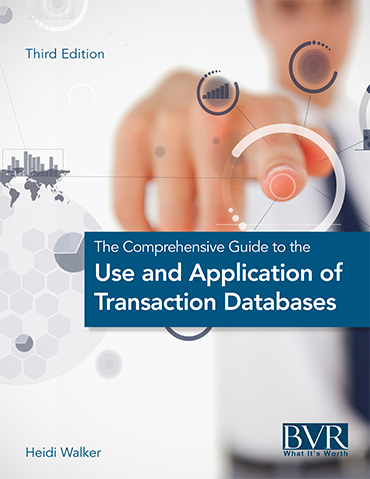 There are three approaches to valuing a business – market, earnings and asset. The benefit of utilizing money flow as a key input for a enterprise valuation is that it can be fully independent of the accounting technique in place. However, the usage of cash stream will be somewhat problematic since it normally varies 12 months to 12 months and subsequently it’s not always a superb foundation for predicting the longer term. This may be mitigated by utilizing forecast cash flows since this volatility diminishes; money move is extra acceptable to Discounted Cash Circulation valuations than to performance measurements and valuation multiples.
There are three approaches to valuing a business – market, earnings and asset. The benefit of utilizing money flow as a key input for a enterprise valuation is that it can be fully independent of the accounting technique in place. However, the usage of cash stream will be somewhat problematic since it normally varies 12 months to 12 months and subsequently it’s not always a superb foundation for predicting the longer term. This may be mitigated by utilizing forecast cash flows since this volatility diminishes; money move is extra acceptable to Discounted Cash Circulation valuations than to performance measurements and valuation multiples.
So if you happen to use a sales-based valuation as a result of that is the norm in your business, the client will nonetheless evaluate your enterprise and your asking value based on income. Here the worth of the asset is mapped in accordance to the values of the same or comparable assets current out there. Here there’s a want of an an identical asset or a set of comparable asset. This will also be achieved by citing extremely correlated assets in relation to asset under valuation.
This approach just isn’t a surprise to those that have some understanding of business actual property investing; However, it is not frequent knowledge to the typical property owner or purchaser. The deal with purchasing anticipated money flows can assist expand the understanding of value in residential properties as properly. For example, instead of pondering “how a lot is the property worth now”, also suppose, “how a lot return would I bought the property and rented it later”. In a aggressive setting, this method and knowledge could make all of the difference.
The next query then on most enterprise house owners’ minds of small businesses is how do I’m going and figure out a value? Frequently, that dialogue will get sidetracked into confusion of “How do I start?” or “There is no approach that I will sell my exhausting for pennies on the dollar,” and so on. A true valuation must be based mostly on objective elements that may’t be disputed later as made up innuendo or anecdotes. Clear metrics and benchmarks are needed in order that when the true discussion of change happens, it isn’t distracted or bogged down with questions about quantity validity.
Distinction #four: The asking worth of businesses is even more meaningless than the asking worth of actual estate. When the sales data of businesses is so difficult to obtain, one could be tempted to guage the worth of a business by wanting at the vendor’s asking price (which is usually readily available on business on the market websites). After all, most sellers of actual property start with an asking price that’s not too far off from the final gross sales value of the property. Sadly, this logic does not hold for business sales. The asking worth of businesses can fluctuate dramatically from the ultimate sale price of the enterprise. Many businesses are by no means offered. Just seeing the asking worth of a enterprise tells you very little, if something at all, about how much the business is actually worth.